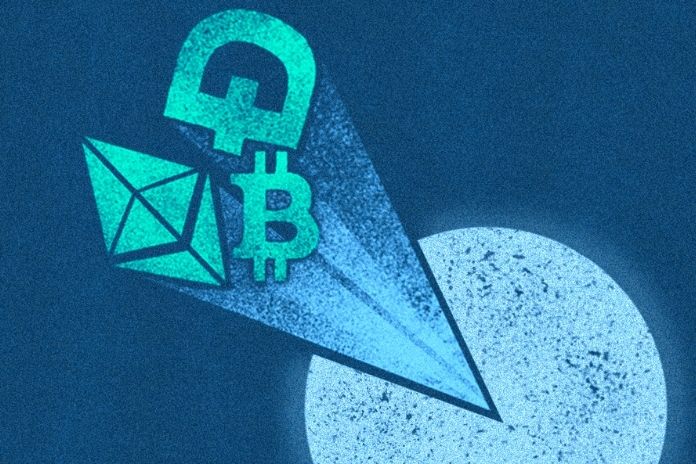The success of cryptocurrencies such as Bitcoin and Co. also attracts scammers. We share six tips on how crypto investors can protect their cryptocurrencies.
“Be your own bank” – a motto that you hear again and again in connection with cryptocurrencies such as Bitcoin, Ethereum, and Co. Analysts consider it likely that custodial service providers will also play a significant role for small investors in the future. In this case, a third party then takes on the task of securing the crypto assets – similar to how banks do with fiat money today. However, this area of the crypto industry is still in its infancy. Crypto investors are therefore responsible for the security of their assets. But what do you have to consider here? How can investors protect their cryptocurrencies? Which procedure is recommended?
1. Manage Your Cryptocurrency Yourself
There is an iron rule in the crypto industry. It reads: “Not your Keys, Not Your Coins” (translated “Not your keys, not your coins”). This means that cryptocurrencies are usually stored in a digital purse (the so-called wallet, a small app). To do this, you create an account with such a wallet and then receive the so-called private keys.
This sequence of 51 alphanumeric characters grants exclusive access to the created account. Anyone who has this key can access the associated crypto assets and make transactions from anywhere in the world. Conversely, this means that if you do not have this private key, you do not have the associated cryptocurrencies either.
2. Use A Hardware Wallet
One of the best and most effective protections for cryptocurrencies like Bitcoin or Ethereum is to use a hardware wallet. This is a small device that stores the aforementioned private keys to make it almost impossible for hackers to access them. This is precisely the advantage over conventional software wallets. Whenever you use them to send Bitcoin or Ethereum, there is a possible attack vector where hackers can get to the coins. For instance, if the respective computer is infected with malware that reads keyboard entries.
A hardware wallet creates an additional layer of security here since the private keys are firmly anchored in this device. You never leave it – not even for crypto transfers: If you want to make a transfer, you only have to connect the wallet to the computer and confirm the transaction on the device. By using a hardware wallet, hackers have almost no chance of attacking private crypto assets.
3. Keep The Key And Seed Safe
The following applies to both software and hardware wallets: They generate a so-called “seed phrase” in addition to the keys. This string of 12 or 24 words “restores” the wallet. Important here: Strictly speaking, cryptocurrencies are never “in” a wallet but always on the blockchain. The wallet – whether hardware or software – only allows access to these coins. If, for example, the hardware wallet is lost or damaged, the cryptocurrencies remain unaffected: the configuration of the device and thus access to the coins can be restored with the seed phrase.
But that also means that hackers don’t need more than these 12 or 24 words to completely and anonymously empty a crypto account. Therefore, one of the most important rules for protecting your cryptocurrencies is to keep your seed phrase and private keys safe!
4. For Crypto Investors: Beware Of Phishing Attacks
Crypto investors are often the target of so-called phishing attacks. Attackers try to persuade users to click on a link using fake emails, for example. Anything can then hide behind it – the hackers often want to get the seed phrase for the crypto stocks. Or an attempt is made to access the login data for a crypto exchange. All crypto-related e-mails should therefore be examined closely. And: never enter the seed phrase or the private key online – neither on a website nor in chat rooms or the like!
5. Use Bookmarks For Crypto Websites
Again and again, scammers create clones of well-known crypto websites that are almost indistinguishable from the originals. The URL often looks identical, differing only by a single letter. Sometimes the cyber criminals even manage to achieve a high Google ranking – or the crooks advertise their “services” with an ad.
It can happen, for example, that a user is looking for a specific crypto exchange, and the result is fraudulent plagiarism. He then unsuspectingly enters his login data for the Exchange – and falls into the trap. However, this can easily be prevented by carefully checking the Internet address and then creating a bookmark for the respective page.
Also Read: Blockchain Ecosystem In Practice – Hype Or Disruption?





